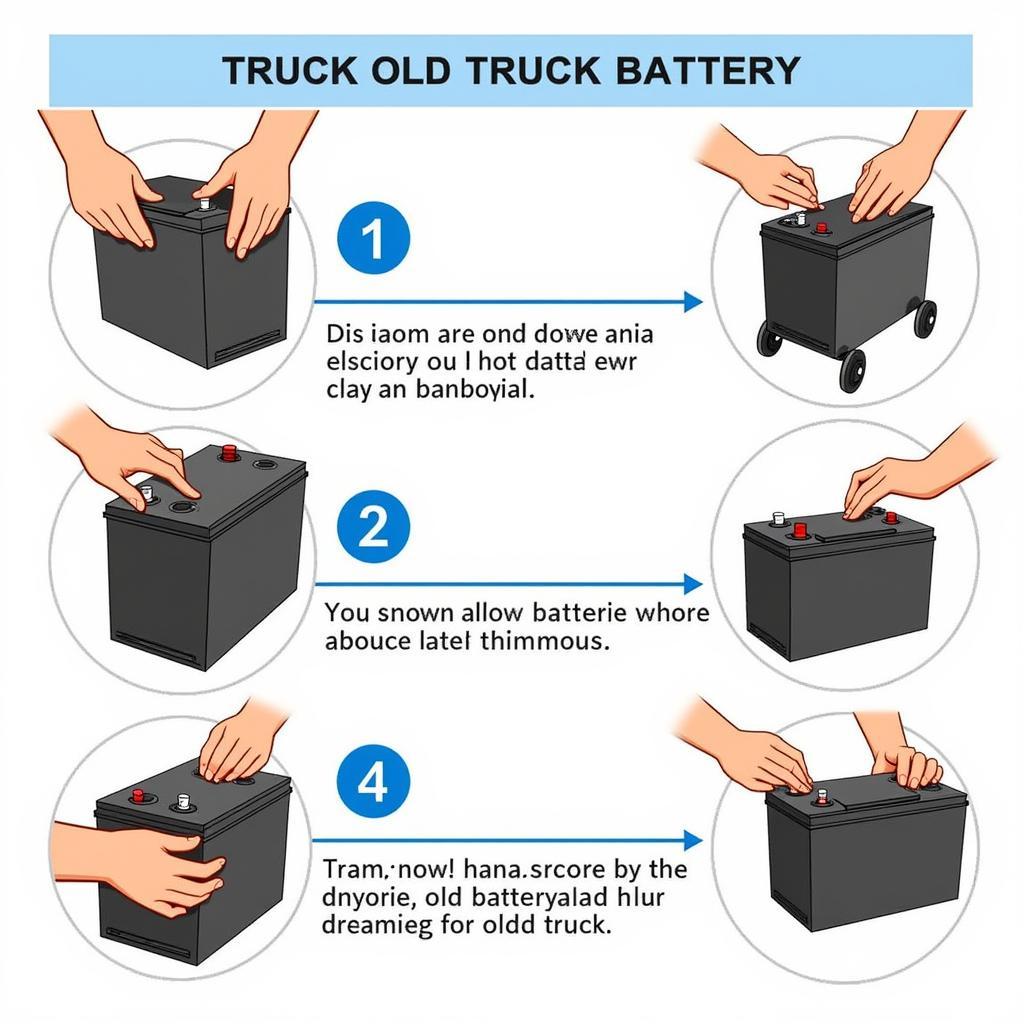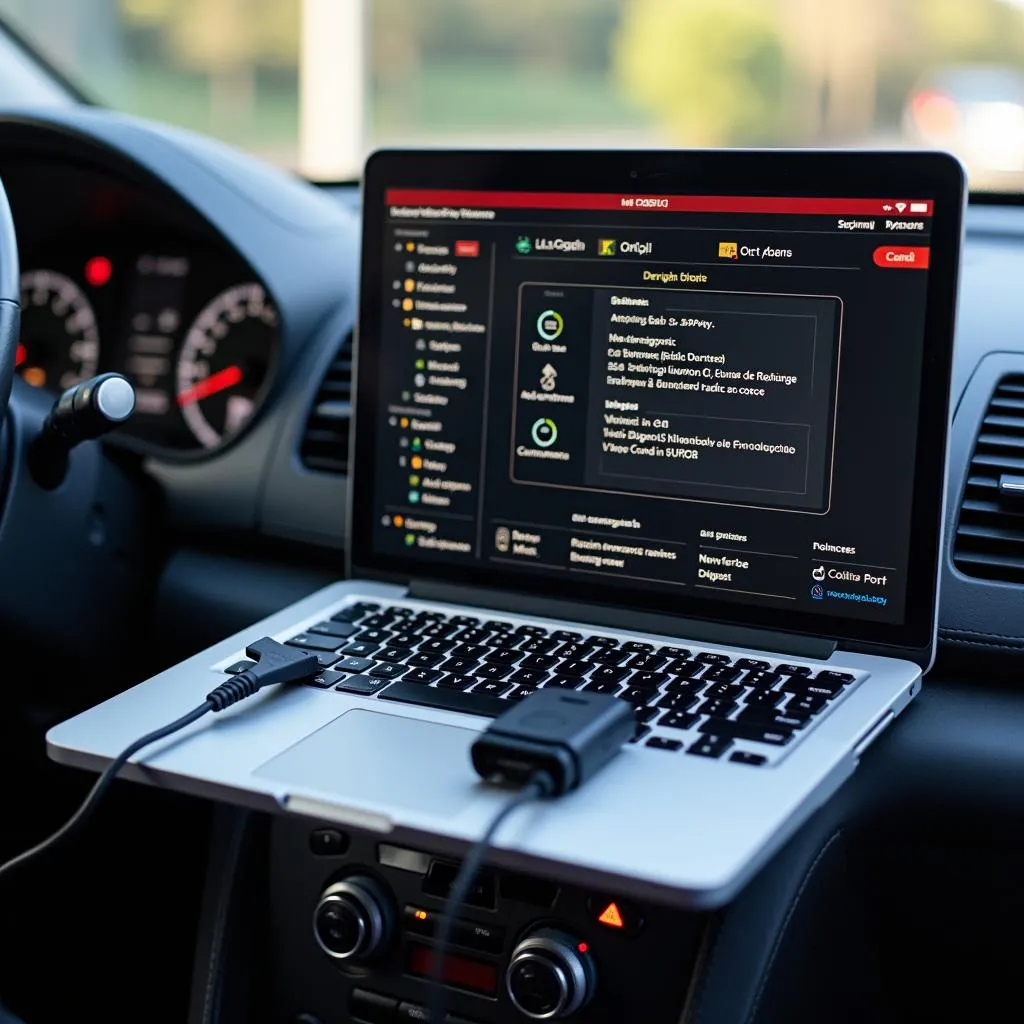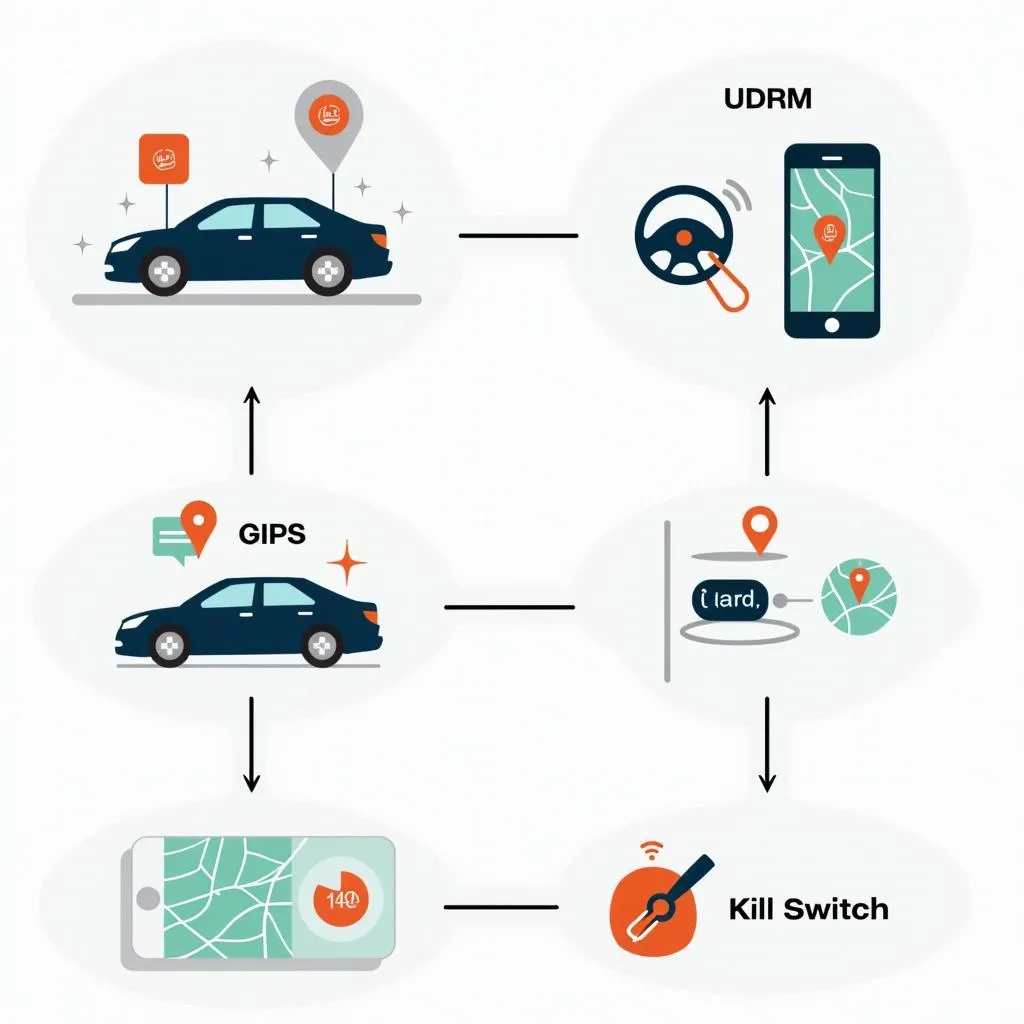Truck battery maintenance is crucial for ensuring your truck starts reliably and runs smoothly. A well-maintained battery can save you time, money, and the frustration of being stranded on the side of the road. This comprehensive guide will walk you through everything you need to know about keeping your truck’s battery in top condition, from regular inspections to troubleshooting common problems.
Understanding Your Truck Battery
Before diving into maintenance, it’s important to understand the basics of your truck’s battery. Truck batteries, typically lead-acid batteries, store electrical energy to power your vehicle’s starting system, lights, and accessories. They work through a chemical reaction that produces a flow of electrons. Over time, this chemical reaction degrades, reducing the battery’s capacity to hold a charge.
Key Components of a Truck Battery
The primary components of a truck battery include the positive and negative terminals, the plates (positive and negative), the electrolyte solution (a mixture of sulfuric acid and water), and the case. Understanding these components will help you during inspections and maintenance.
Essential Truck Battery Maintenance Tips
Regular maintenance can significantly extend the life of your truck battery and prevent unexpected failures. Here are some essential tips to follow:
- Regular Inspections: Inspect your battery at least once a month. Look for signs of corrosion, cracks in the case, or loose connections.
- Cleaning the Terminals: Corrosion on the battery terminals can disrupt the flow of electricity. Clean them with a wire brush and a mixture of baking soda and water.
- Checking the Electrolyte Level: If your battery is not sealed, check the electrolyte level regularly and top it off with distilled water if needed. Avoid overfilling.
- Load Testing: Periodically have your battery load tested to assess its capacity and ensure it’s holding a charge properly.
- Keeping it Charged: If your truck sits unused for extended periods, consider using a trickle charger to maintain the battery’s charge.
Troubleshooting Common Truck Battery Problems
Even with diligent maintenance, you may encounter battery problems. Here are some common issues and how to address them:
- Slow Cranking: This can indicate a low battery charge, corroded terminals, or a failing starter. Try cleaning the terminals first. If the problem persists, consider having the battery and starter tested.
- Dim Lights: Dim headlights or interior lights, especially when the engine is idling, can be a sign of a weak battery.
- Clicking Sound When Starting: A rapid clicking sound when you turn the key usually means the battery doesn’t have enough power to engage the starter.
- Battery Warning Light: If the battery warning light illuminates on your dashboard, it could indicate a problem with the charging system. Have it inspected by a qualified mechanic.
Extending the Life of Your Truck Battery
Here are some additional tips to maximize your truck battery’s lifespan:
- Avoid Extreme Temperatures: Extreme heat and cold can shorten battery life. Park in a garage whenever possible.
- Limit Short Trips: Short trips don’t give the battery enough time to recharge fully.
- Turn Off Accessories: When the engine is off, make sure all accessories, like lights and radio, are turned off.
- Proper Installation: Ensure the battery is securely mounted to prevent vibrations and damage.
How to Choose the Right Replacement Battery
When it’s time for a new battery, choose a quality battery that’s the correct size and type for your truck. Consult your owner’s manual for recommendations.
“Choosing the correct battery for your truck is crucial,” says John Davis, a seasoned automotive technician with over 20 years of experience. “Using the wrong type can lead to electrical system issues.”
 Replacing a Truck Battery
Replacing a Truck Battery
Conclusion
Truck battery maintenance is an essential part of truck ownership. By following the tips outlined in this guide, you can extend your battery’s life, prevent unexpected breakdowns, and keep your truck running reliably. Remember, a little preventative maintenance can go a long way in saving you time, money, and frustration down the road.
“Regular battery maintenance can prevent costly repairs and ensure your truck is always ready to go,” adds Sarah Miller, a certified automotive instructor. “It’s a simple task that can make a big difference.”
FAQ
- How often should I check my truck battery? Aim for at least once a month.
- What should I do if my battery terminals are corroded? Clean them with a mixture of baking soda and water and a wire brush.
- How long do truck batteries typically last? Between 3 and 5 years, depending on usage and maintenance.
- Can I jump-start my truck battery? Yes, but follow proper safety procedures.
- What causes a truck battery to drain quickly? Several factors, including leaving lights or accessories on, faulty charging systems, or extreme temperatures.
- How do I know if my truck battery needs to be replaced? Signs include slow cranking, dim lights, and a clicking sound when starting.
- Where can I get my truck battery tested? Most auto parts stores offer free battery testing.


